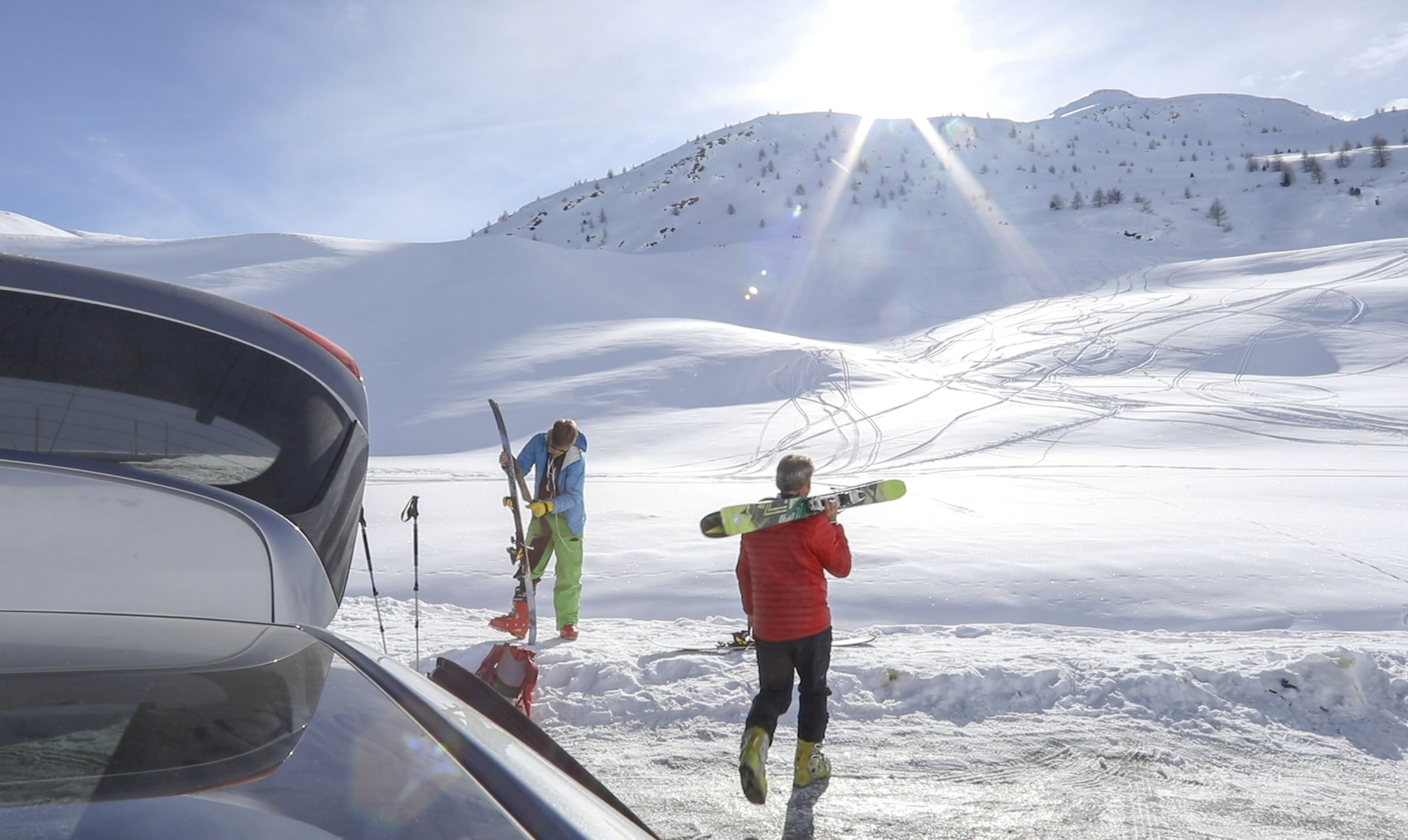As a leading provider of car hire excess insurance, we have launched a ‘Car Hire Hit List’, featuring ten top tips to keep drivers on the straight and narrow when it comes to car hire as well as saving them around £750 on a week’s hire.
The hit list is based on the hire of a compact family car, e.g., the Kia Captur or Peugeot 308, for a week in Europe (27 July to 3 August 2019).
-
Book early - Booking at the beginning of the year, compared to May 2019, offered some good savings according to iCarhireinsurance’s study of six car hire companies’ costs (i.e., Sixt, Europcar, Enterprise, Budget, Hertz and Avis). For example, hiring in Nice, Hertz gave the best price in January of £185 for the week’s hire, but booking now the cost has jumped to £603. Similarly, Budget in Crete quoted £445 in January, but is now quoting £530, and in Faro, Europcar quoted £475 in January, compared to £545 today.
- Average saving between approximately £85 to £400.
-
Price Check Multiple Car Hire Companies - To hire a car in Crete, Dalaman or Nice this summer, the prices from the six different rental companies’ studied ranged by hundreds of pounds, according to the iCarhireinsurance.com study. In Dalaman, Budget offers the cheapest week’s hire for £213, and Sixt is the most expensive at £424; while in Nice, the prices range from £328 with Budget to £603 with Hertz ;and in Crete, Avis quote £380 but Europcar quotes £579.
- Average saving approximately £230.
-
Use a Credit Card - Always use a credit card to pay for car hire and make it the main driver’s, if possible. This protects the consumer under Section 75 of the Consumer Credit Act 1974, making the credit card company jointly and severally liable for any breach of contract or misrepresentation by the retailer or trader.
-
Check the Vehicle and Take Photos of Damage - To avoid unfair damage charges, car hirers should check vehicles thoroughly at pick-up and take photos of any existing damage on the vehicle. An Opinium survey*, commissioned by iCarhireinsurance.com, found that one in five (21%) hire car drivers found damage on a hire car which was not highlighted on the checkout sheet.
iCarhireinsurance.com’s free travel app for all travellers, called ‘iCarhire’, takes date and time stamped photographs, called SNAPS, which can then be used as evidence in the event of a dispute or claim. These can all be filed under a specific journey name, and then broken down into before and after the rental period, making it simple to reference at a later date if necessary. All photos can be shared via e-mail and are uploaded to the Cloud for remote access. An instruction video is available
-
Buy excess waiver insurance from a standalone insurance company - If a hire car is stolen or damaged, even if it isn’t the hirer’s fault they are liable for the excess which can be as much as £2,000. Hire car companies charge around £20 a day to protect drivers from this and they often sell up to three different waiver policies covering damage, theft, and tyres and windscreen. Buying a standalone policy from a specialist insurance company, like iCarhireinsurance.com, covers damage, theft and tyres and windscreen, and costs from £3.49 a day, or £47.99 for an annual policy. (NB. The average cost for Super Damage Waiver, Super Theft Waiver and Tyre and windscreen waiver in Crete, Dalaman and Nice for a week’s hire, 27 July to 3 August across six car hire companies is £153).
- Saving approximately £125.
-
Take a spare credit card - If you don’t buy the rental company’s excess waiver policy, the company representative will usually insist that the excess is held on a credit card until the car is returned undamaged. Take a spare credit card with you, as having £2,000 held on a traveller’s one credit card could seriously limit a holiday’s spending budget.
-
Beware of car parks - Car parks are a particular black spot for hire cars, relating to over one in five (22%) of iCarhireinsurance’s claims in summer 2018 and over half (53%) of incidents in car parks were not the claimant’s fault. 19% of claims, for instance, were for damage when the car was parked and stationary. Where possible, park in car parks which are well-lit and have decent-sized spaces to avoid scrapes and scuffs.
-
Do you need a satnav? - It can cost around £100 to hire a sat nav (i.e., the average price in Nice is £200, while in Dalaman it is £38 and Crete £55) and often this cost is not disclosed to you when you book. If you have a detachable satnav at home, it is normally cheaper to upgrade to European mapping and take it with you, or use your smartphone.
- Saving approximately £100 if you take one with you.
-
Take your own child’s car seat - Hiring a car seat for your child costs around £36 on average (i.e., the average price in Nice is £55, while in Dalaman it is £26 and Crete £28) for the week. Many airlines will take car seats in their hold for free, so consider taking yours with you. For older children why not purchase an inflatable booster child seat?
- Saving approximately £36.
-
Sharing the driving increases the costs - Adding an additional driver to your rental agreement costs around £37 on average for the week (i.e., the average price in Nice is £58, while in Dalaman it is £23 and Crete £29), and if the driver is under 25 this adds on an average £15 a day. If one of you is going to do 90% of the driving is it really worth the extra cost? Different companies charge different amounts, so if this is important to you, factor it in when making the booking.
- Saving approximately £37.
Ernesto Suarez, Founder and CEO, iCarhireinsurance.com said: When hiring a car the headline price is often not the amount you end up paying, particularly when the prices for extras are not available until you get to the rental desk. We created this ‘Car Hire Hit List’ to help travellers get the best deal and make sure they’re not taken for a ride at the rental desk.
* All figures, unless otherwise stated, are from Opinium Research. Total sample size was 2047 UK adults that have hired a car. Fieldwork was undertaken between 2nd to 4th May 2018. The survey was carried out online.









